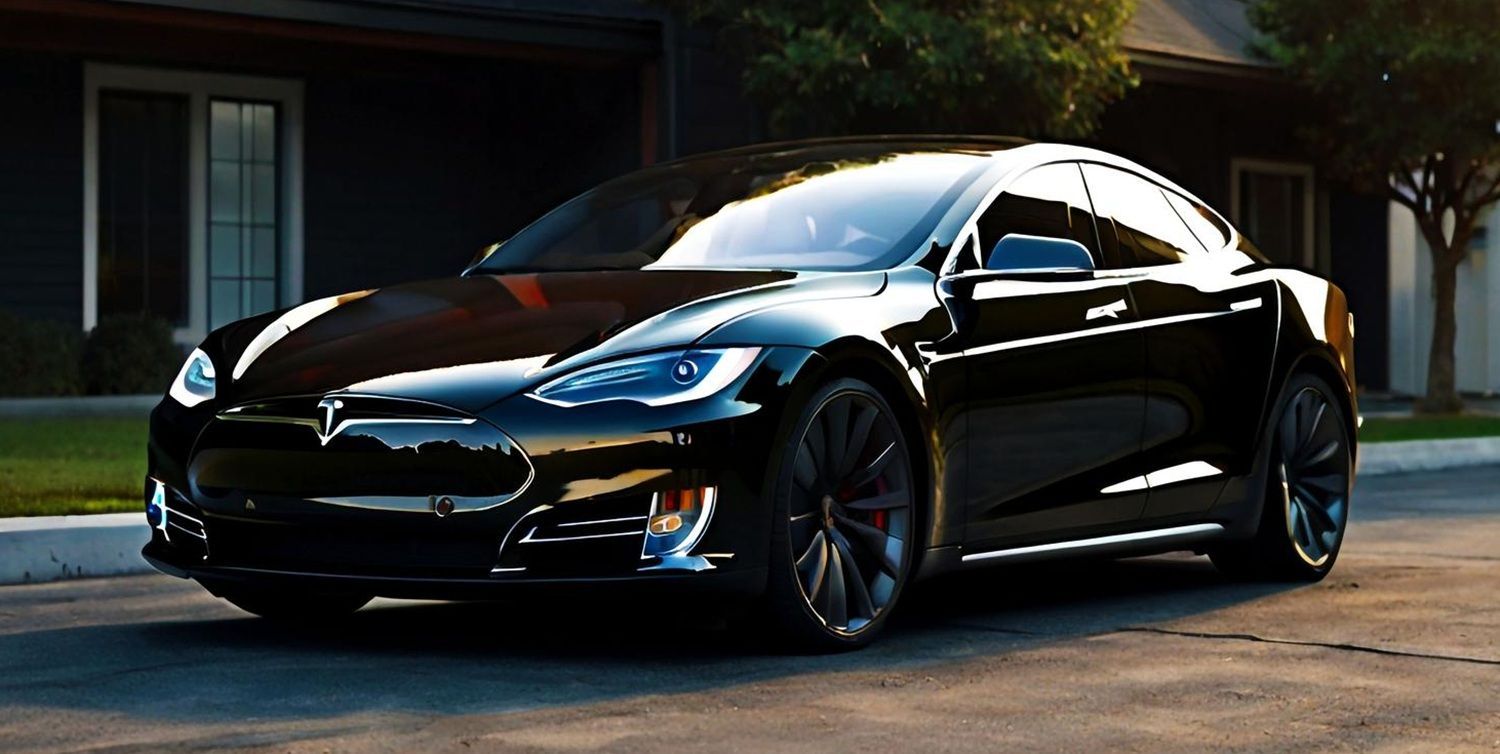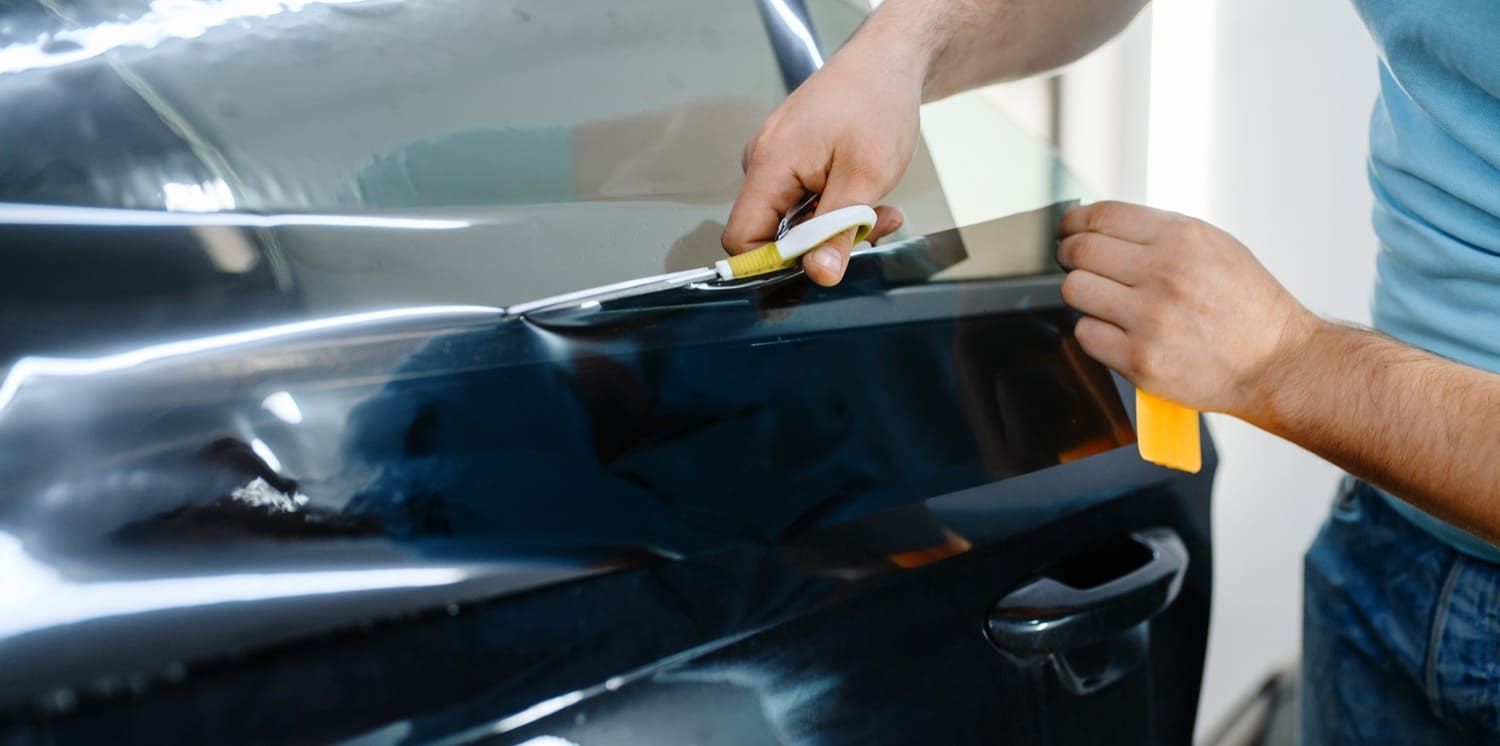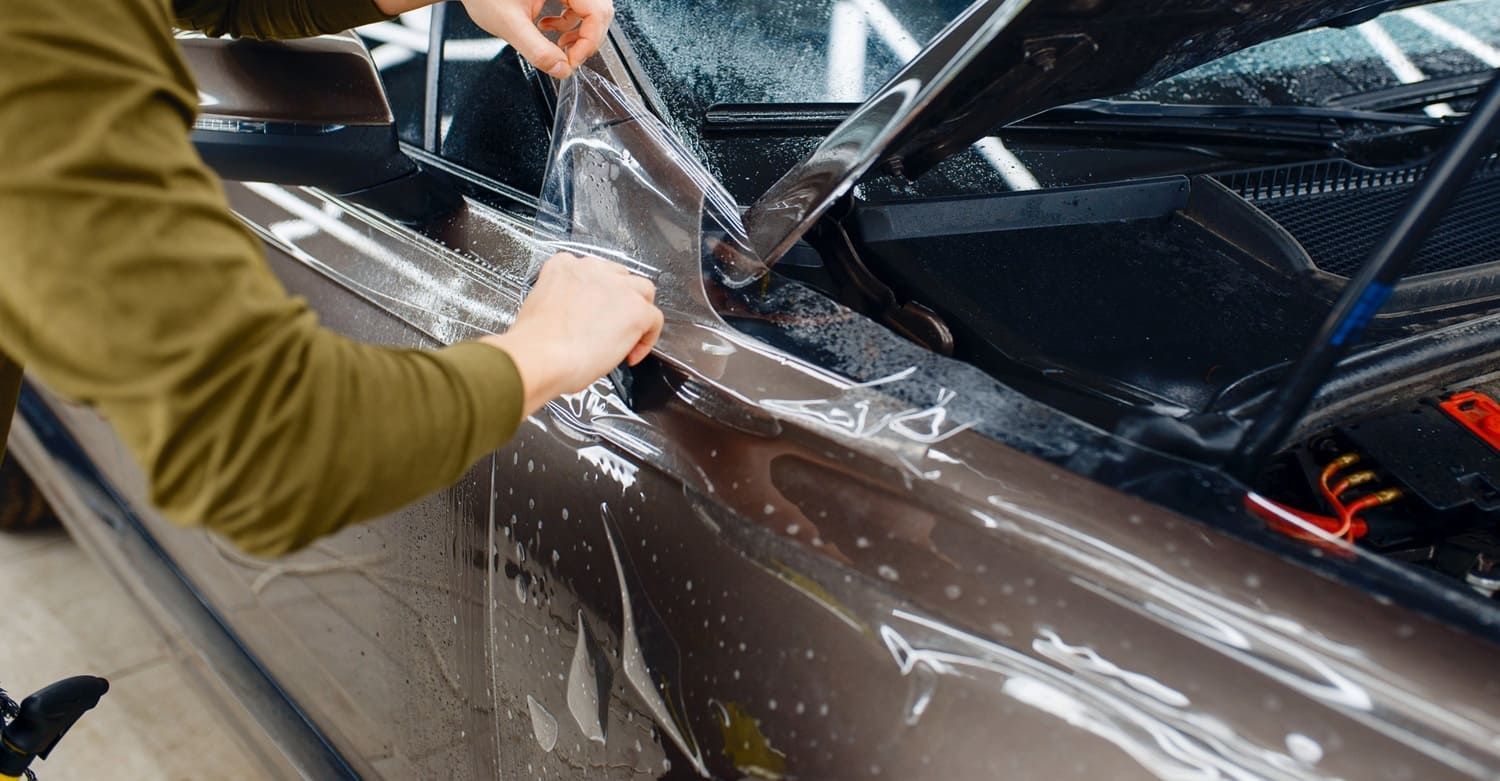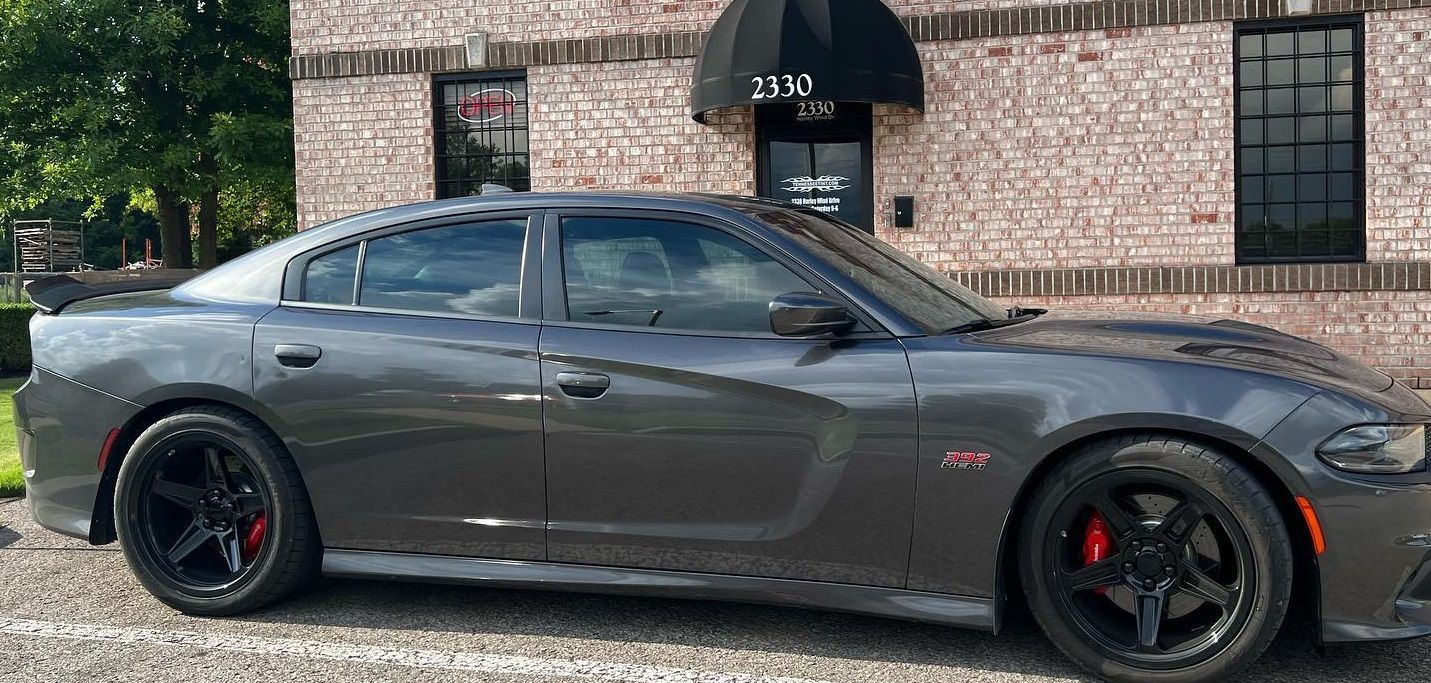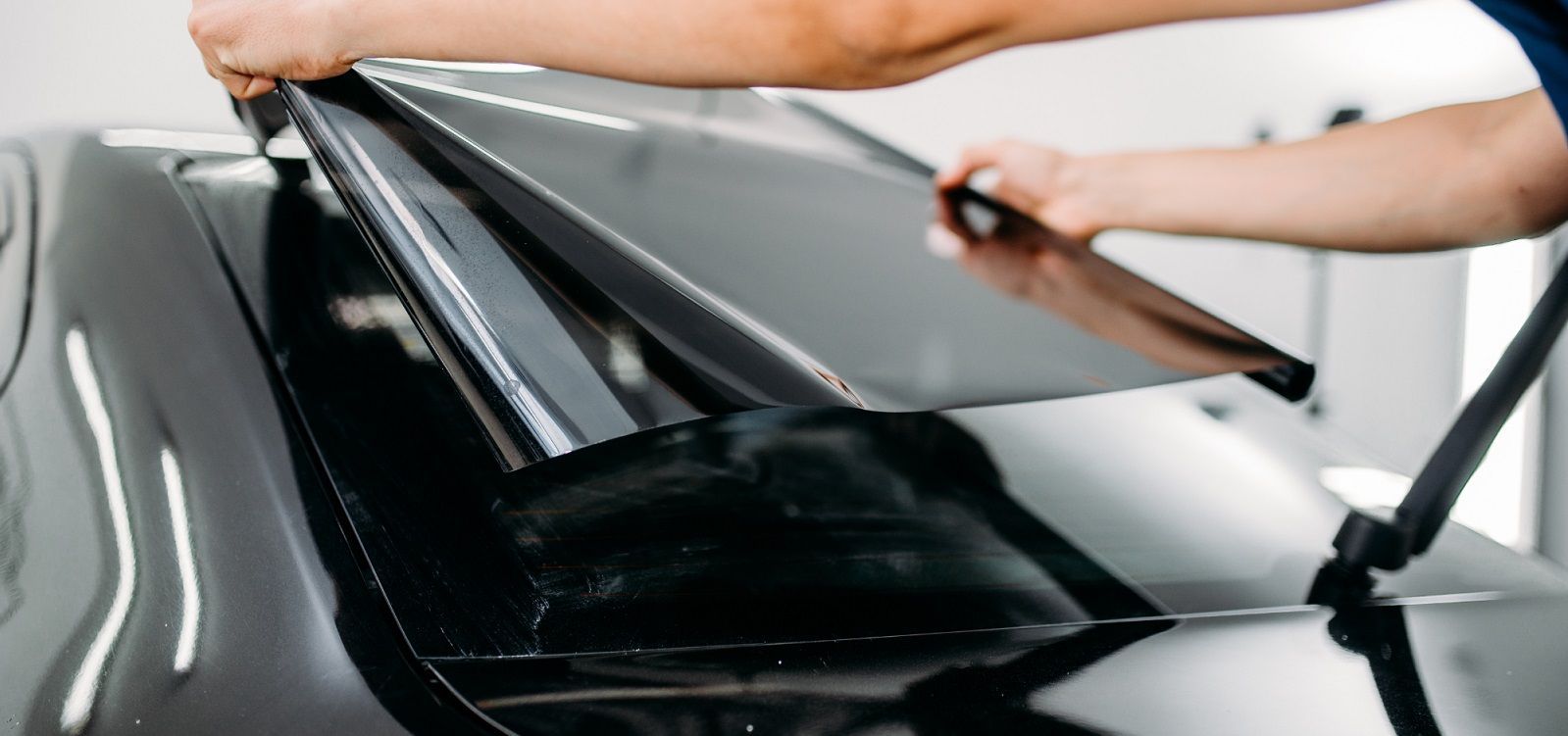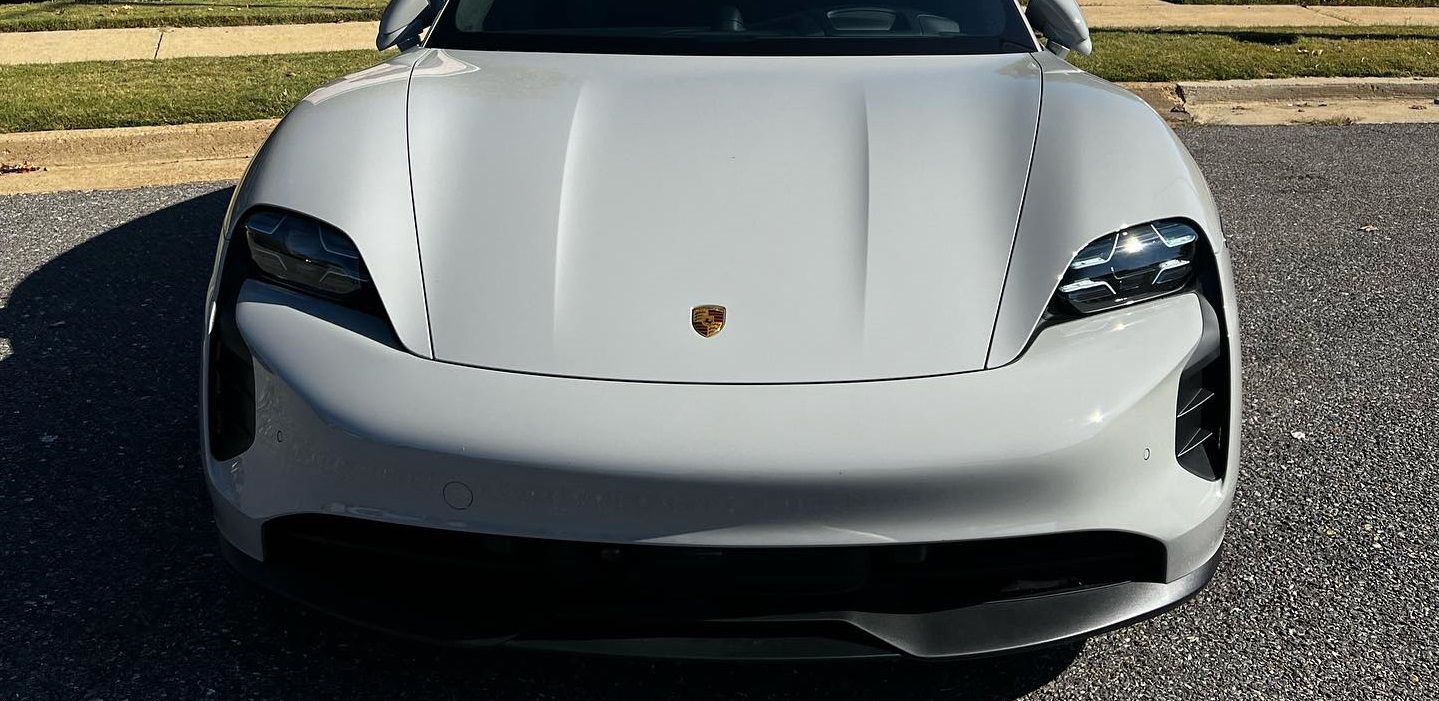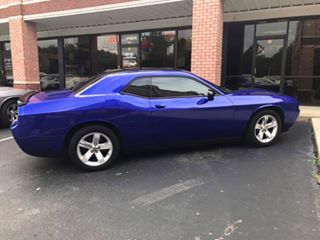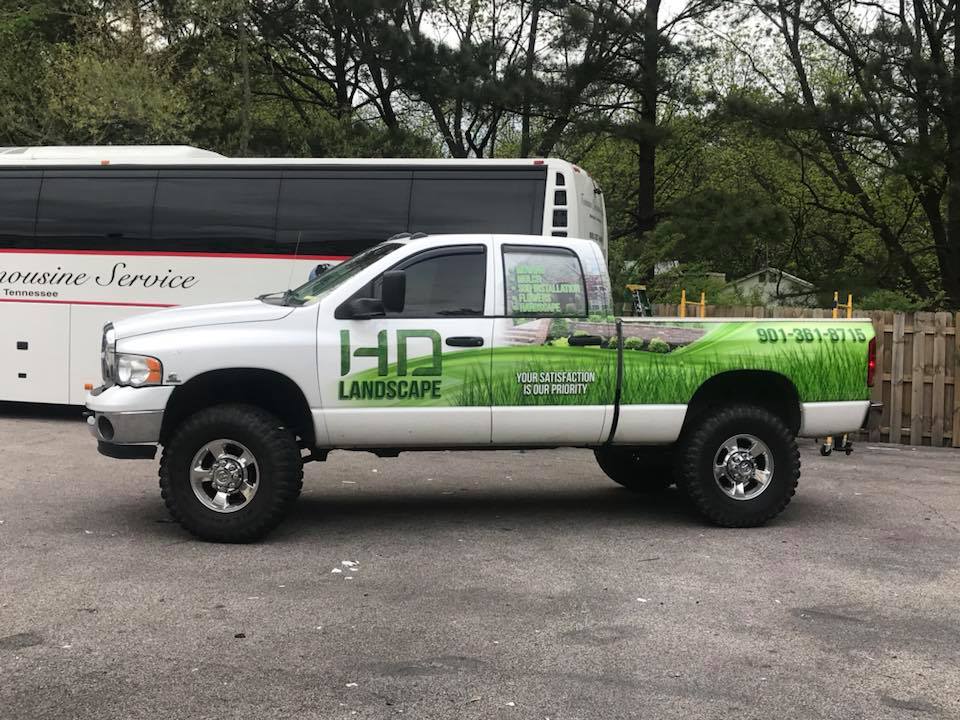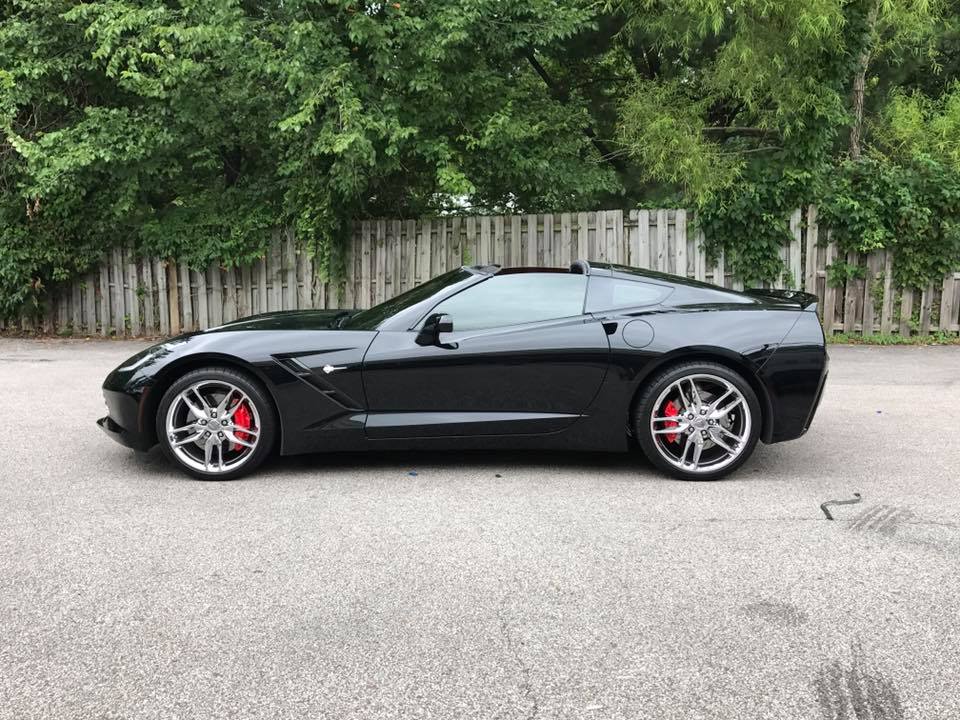Understanding the Legal Issues Surrounding Car Window Tinting
Car window tinting is a common practice among vehicle owners. It serves multiple purposes, from enhancing privacy to protecting against harmful UV rays.
However, it's not as simple as just choosing a tint and applying it.
There are legal considerations to keep in mind. These laws and regulations vary from state to state, making it a complex issue to navigate.
For instance, Tennessee car window tint laws may differ significantly from those in other states. Non-compliance can lead to penalties, including fines and mandatory removal of the tint.
This guide aims to shed light on the legal issues surrounding car window tinting. It will help you understand the laws, ensure your vehicle's compliance, and avoid potential legal troubles.
So, whether you're a car owner, an automotive enthusiast, or a professional in the industry, this guide is for you. Let's delve into the world of legal window tint.

What is Car Window Tinting and Why is it Regulated?
Car window tinting involves applying a thin film to the interior surfaces of vehicle windows. This film helps reduce glare, block harmful UV rays, and enhance privacy. Besides its functional benefits, it also adds an aesthetic appeal to the vehicle.
Regulation is essential due to safety and visibility concerns. High window tints can hinder visibility for both drivers and law enforcement officers. This could lead to dangerous situations on the road. As a result, legal window tint levels are enforced to balance safety with personal preference, ensuring a safer driving environment for everyone.
The Basics of Window Tint Laws
Window tint laws vary significantly across different states, primarily due to differing safety standards and environmental considerations. States enforce specific limits on the darkness and reflection of window tints. These laws are essential to ensure the safety of drivers and law enforcement.
Typically, regulations specify the allowed percentage of Visible Light Transmission (VLT) for each window. VLT refers to how much light can pass through the window and tint film. Each state has its interpretation of legal window tint requirements.
Common elements of window tint laws include:
- Maximum allowable VLT percentage for front and rear side windows
- Different allowances for windshields versus other vehicle windows
- Special rules for multi-purpose vehicles, such as SUVs and vans
Understanding these laws can help avoid penalties and ensure your vehicle remains compliant. It's crucial to check your state's specific regulations before applying or altering any window tint.
Visible Light Transmission (VLT): Understanding the Numbers
Visible Light Transmission (VLT) plays a critical role in understanding window tint laws. VLT is the measurement of the percentage of light a window tint allows to pass through it. A higher VLT means more light can enter through the window.
For instance, a car with a window tint labeled as 70% VLT allows 70% of available light to pass into the vehicle. Conversely, a 30% VLT would block 70% of incoming light. Most states have specific VLT requirements for each window, with stricter rules for front side windows compared to rear windows or the rear windshield. Knowing these numbers helps ensure that your car window tint adheres to legal standards and maintains road safety.
State-by-State Variance in Window Tinting Laws
Car window tinting laws are not uniform across the United States. Each state sets its guidelines and restrictions regarding the allowed percentage of window tint darkness and reflectivity. This patchwork of legislation can create confusion for car owners, especially those traveling across state lines.
Some states are more lenient, allowing darker tints to accommodate hotter climates, while others have stricter regulations to ensure maximum visibility and safety. For instance, Arizona permits a darker tint due to its intense sun exposure. In contrast, New York enforces stricter limits because of its concern for driver and pedestrian safety.
It's crucial for vehicle owners to familiarize themselves with their specific state's laws. Ignorance of these legal stipulations can lead to unwanted fines or the hassle of having to remove and replace non-compliant tints. Staying informed ensures you remain within legal boundaries and avoid unnecessary penalties.
Spotlight on Tennessee Car Window Tint Laws
Tennessee has specific laws governing automotive window tinting. These regulations are crucial for ensuring driver safety and law enforcement visibility. In Tennessee, the laws specify a maximum of 35% Visible Light Transmission (VLT) for front side windows. This percentage ensures that a reasonable amount of light enters the vehicle, enhancing safety.
The rules for rear windows and the rear windshield are more lenient, allowing darker tints to accommodate privacy. However, reflective tints are limited, ensuring they do not impair visibility or cause glare for other drivers. Knowing Tennessee's specific requirements helps ensure that your vehicle's tint remains legal, avoiding potential fines or citations. Always verify the latest regulations, as these can change to adapt to safety needs or technological advancements.
Legal Consequences of Non-Compliance
Ignoring window tint laws can lead to serious issues. Legal repercussions vary, but they almost always involve fines. Infractions can range from minor to severe, depending on the degree of non-compliance. Some jurisdictions may even require the removal of illegal tint.
Moreover, violations may also affect your vehicle's inspection status. Failing to meet legal tint requirements can lead to failed vehicle inspections, particularly where they are mandatory. It is crucial to address any infractions promptly to avoid persistent legal challenges and ensure your vehicle complies with all regulatory requirements.
Fines and Penalties
Financial penalties for illegal window tint can be hefty. The amount varies by jurisdiction, often increasing with repeat offenses. Handling these penalties promptly is crucial to avoid escalation and additional legal complications.
Mandatory Removal and Vehicle Inspections
In some states, you might have to remove non-compliant tint at your expense. This requirement ensures public safety and compliance with regulations. Furthermore, vehicle inspection failures due to illegal tint can affect your car's registration status, requiring immediate correction.
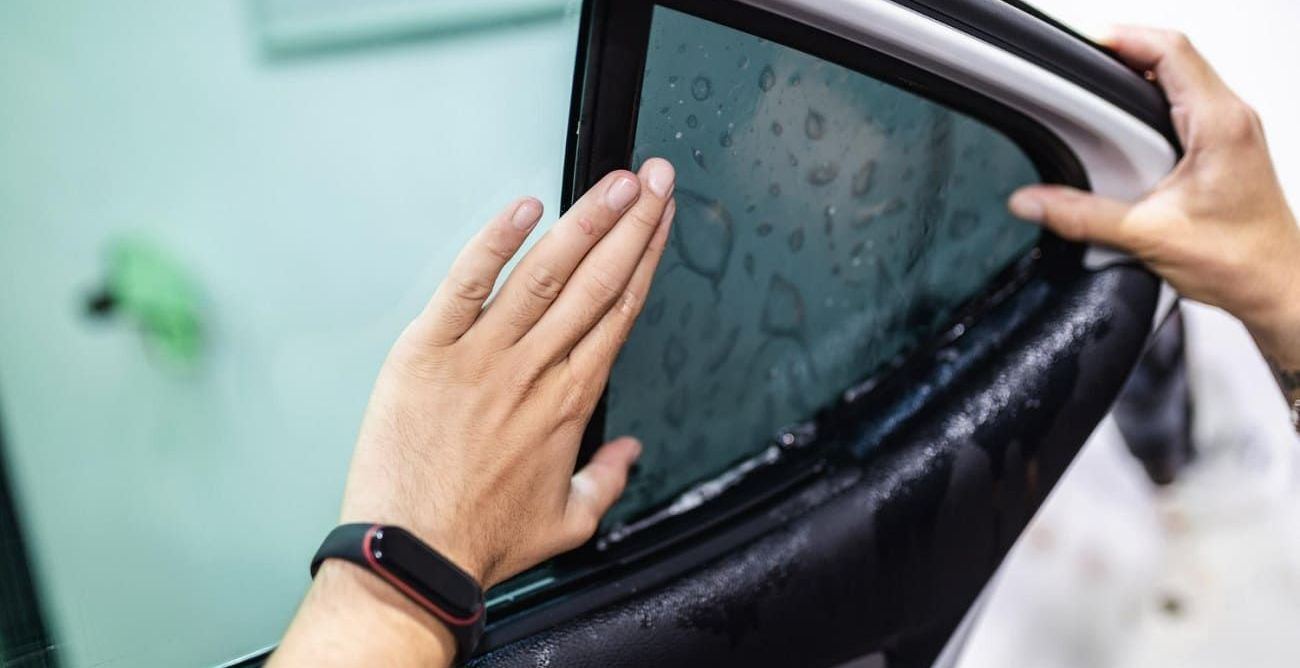
How to Ensure Your Window Tint is Legal
Making sure your window tint is within legal limits is essential. Start by familiarizing yourself with your state's specific regulations. Laws can differ significantly from one state to another, so knowing the particulars helps.
Consider these steps to ensure compliance:
- Consult your state's car window tinting laws.
- Opt for professional installation to guarantee compliance.
- Use a tint meter to check your window tint's VLT.
- Keep all installation receipts and any compliance stickers.
Be proactive and keep all documentation. This could be invaluable if law enforcement questions your compliance.
Professional Installation and Compliance
Choosing a professional installer ensures your window tint meets legal standards. These experts understand state regulations and select the right tint for your needs. They also provide documentation proving the tint's legality, offering peace of mind.
Checking Your Tint: Tools and Tips
To verify your tint's legality, consider using a tint meter. This device measures the VLT percentage of your windows. If you're unsure, most auto shops can provide this service. Staying informed about your tint's compliance can prevent future legal issues.
Medical Exemptions and Special Circumstances
Some states offer medical exemptions for individuals who need lower VLT due to health conditions. To qualify, you must provide medical documentation. This includes a doctor’s note outlining the need for a darker tint. It’s important to follow the specific process and maintain any required documentation to avoid legal issues.
Keeping Up-to-Date with Window Tinting Laws
Window tint laws can change, impacting what is considered legal. It’s vital to stay informed about any updates in your state. Regularly check local government websites or consult with certified window tinting professionals to ensure ongoing compliance with current regulations.
Conclusion: Balancing Aesthetics, Protection, and Legality
Understanding the legal issues surrounding car window tinting is crucial. Balancing aesthetics, UV protection, and legal compliance ensures safe and enjoyable driving.
At Tennessee Window Tint Co., we specialize in professional installations to help you achieve the perfect mix of style, comfort, and adherence to legal standards. Contact us today for a free estimate and let our experts guide you through the process of choosing the right window tint for your vehicle.



